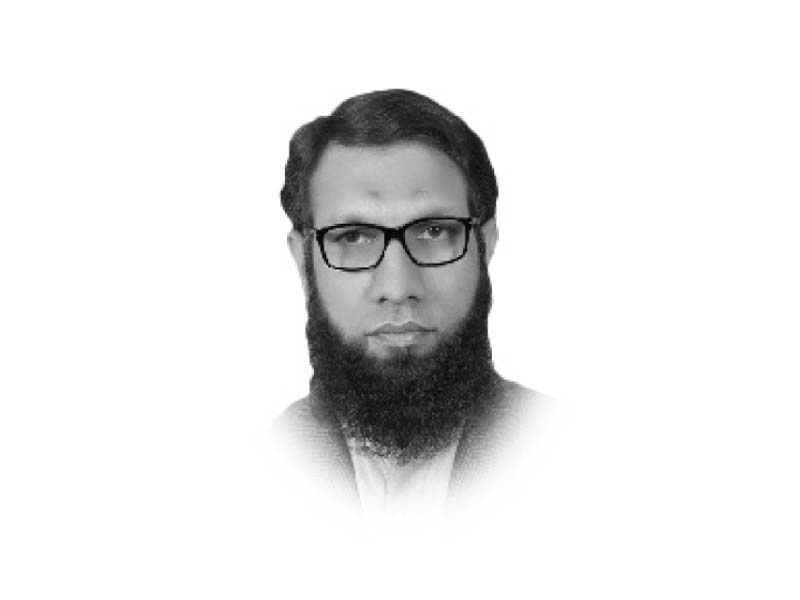
Is life in this world incompatible with life in the hereafter? Some people prefer to deny themselves the comforts of life in this world and recommend the same recipe to others with assurance and hope of getting salvation and a pleasurable life in the hereafter. There are others who believe in hedonism and are drawn to activities that give them immediate gratification with no sense of ethical constraints imposed by a belief in the life hereafter. Very few would make the best of both worlds!
A belief that life in this world is worthless at best and deceiving at worst has some practical implications. One corollary is apathy and lethargy in bringing about any improvement in any aspect of life — social, economic and political. Anomie is what plagues the Muslim world today. Every time one intends to do something, one is reminded of the futility of such an exercise. One hears sermons from the pulpit about predestination and inability of human beings to change the prevailing circumstances they live in. It means one should wait and pray for manna to descend from heaven without making efforts.
This mindset typifies a person who saw a lion throwing fresh meat in front of a lame fox to eat. From his observation he inferred that one does not have to work in order to get food and so he decided living in the forest for the rest of his life. For three days, it was a wait all in vain! Hunger, however, forced him to go to a nearby village. He narrated his story to a wise old man there. The old man advised him to revisit his observation and learn from the lion rather than the hapless fox.
A negative attitude to progress in this world is believed to be undermining one’s capacity to become a pious person. Unfortunately, piety is thought to be the outcome of poverty and self-denial. Getting modern education, yearning for economic prosperity and discovering new ways of doing things are considered as roadblocks in the way of salvation in the hereafter. Paradoxically, scientific knowledge is condemned but its achievements are glorified! The West is praised for equality, justice and individual freedom but diametrically opposite values are espoused in the Muslim world.
Contrary to the fatalists, there are those who seek unbridled self-gratification. They know no limits and they accept no restraint on lust. They tend to enjoy accumulating wealth by all means, fair or foul, and spend it lavishly on extravaganza. Simply put, they live like animals. Among the animals are the herbivores with predisposition to worry about their survival without causing harm to others — they are callous but not predators! There are others — the carnivores — who get their food by killing and eating other animals. One can find both herbivores and carnivores disguised in human clothing!
Man’s distinction as the best of creatures lies in his agency to live more for others than for chasing self-interests. Unlike animals, he is endowed with conscience — the moral compass — which, in its pure form, guides him in the right direction. In the absence of this compass, man strays into the animal world where he is driven by selfishness. He does not care about who dies of curable diseases; he does not feel the pain of the displaced and dispossessed; and he does not empathise with poor people living in terrible conditions. He measures his success by the amount of wealth he accumulates and the extravagant life he enjoys.
Islam’s emergence on the global horizon was a remarkable phenomenon in human history. It created conditions for people to transcend their selfish desires and live by ethical principles. It empowered the weaker in society through a just judicial system where everyone, regardless of colour, creed or gender, was equal before law. It emancipated people from cult worship and tribalism. It helped the oppressed and promoted an egalitarian culture. The Muslim community was educated as the embodiments of justice, paragon of virtue and the beacons of light. All this is what we lack in the Muslim world today and is the prime cause of our decadence. We have yet to live by the prayer of our Prophet (PBUH), “Our Lord! give us that which is good in this life, that which is good in the Hereafter, and save us from the torment of the Fire.”
Published in The Express Tribune, January 23rd, 2023.
Like Opinion & Editorial on Facebook, follow @ETOpEd on Twitter to receive all updates on all our daily pieces.














COMMENTS (1)
Comments are moderated and generally will be posted if they are on-topic and not abusive.
For more information, please see our Comments FAQ